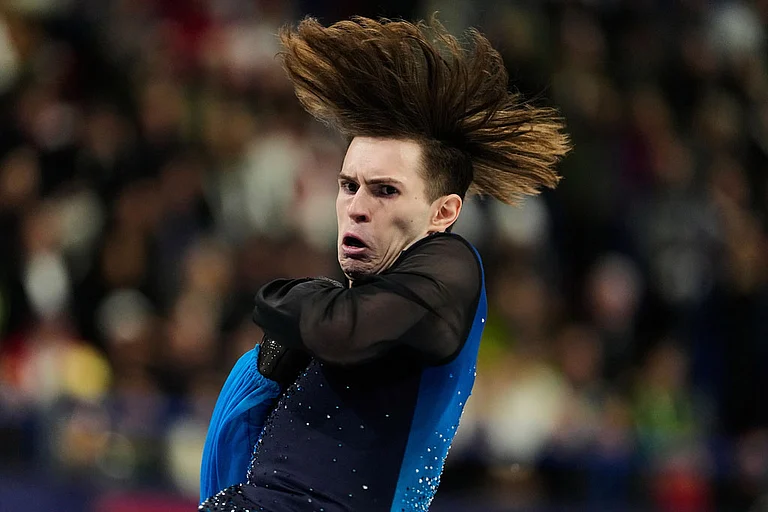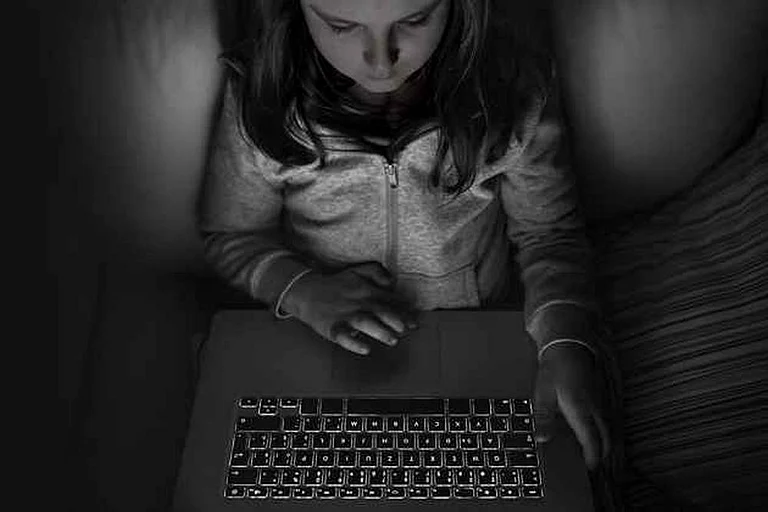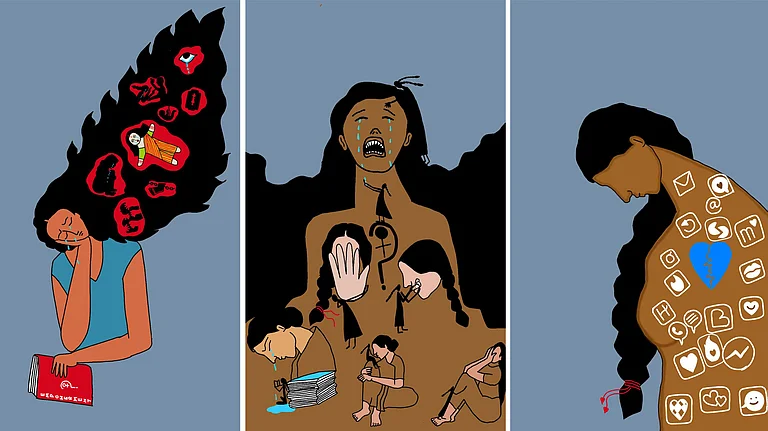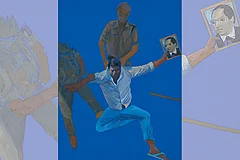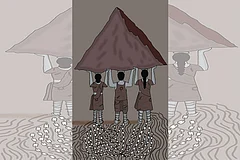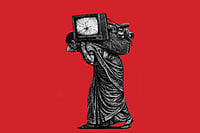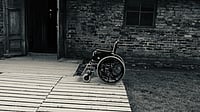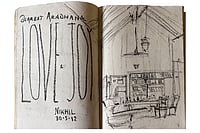To all those who believe in equality,
“There is always a place where, if you listen closely in the night, you will hear a mother telling a story and at the end of the tale, she will ask you this question: ‘Ou libéré?’ Are you free, my daughter?”
My grandmother quickly pressed her fingers over my lips.
“Now,” she said, “you will know how to answer.”
—Edwidge Danticat, Breath, Eyes, Memory
I was born after independence. I was therefore born in a free country. I believed I was free until I had to choose words carefully in order to weave stories of those who had fallen through the cracks because they had been trapped within the confines of caste or they were the others, who believed in different gods or didn’t believe at all, which they were free to do, or so I believed. Many things happened in my lifetime. Wars, demolitions, arrests, caste battles, rapes, murders and many such things are driven by the labelling of those on the receiving end as “others” or “anti-nationals.”
We are free as a nation. But for many people, political freedom is yet to be gained.
I should begin with a story.
The story is about a woman, who is fighting for dignity like many others, for that essential freedom from stigma. Her name is irrelevant. She has a right to her privacy. That I must recognise in an age of surveillance.
It was in Muzaffarpur’s Chaturbhuj Sthan, where once tawaifs danced and were recognised as artists, that I met the woman. On a board outside the house, mujra timings were written by hand. Across the street, a young girl was waiting to perform in another mujra. A man walked in. The curtain fell and there was that familiar sound of ghungroos and music.
In the house with green walls and an old mirror, the woman in her forties had been waiting since morning for someone to come and ask her to perform mujra.
There was a time when mehfils happened here and the tawaifs were respected as performers. But then, things changed and over the years, they lost their patronage and became redundant. The green room is a marker on a map of lost places.
Men ask after young girls, she said. One even asked about the young girl who mops and sweeps the floor and runs errands for her. She had to throw him out. Then, they ask for a “recording,” and even though she had a speaker on the shelf next to the table and the harmonium, the woman refused to indulge such requests.
“It is the last of the mujra you will see,” she said.
The ustads emerged from the house across the street, the curtains were lifted and the young girl took her place on the porch again.
“She is from a poor family,” the woman told me. “She will have to oblige.”
For a performance, she charged Rs 100. But that was not enough. Her children lived elsewhere and she only wanted her daughter and son to not know about how her life had turned out. She had taken up dancing in orchestra bands in Bihar, where violence against women is rampant. They are groped and even raped, but there was no other choice because she came from the Bedia community, a de-notified nomadic community branded as criminals by the British. Over the years, they have been forced to earn their living as prostitutes.
They were known for their dancing and singing and were sought after for their talent once, but with zamindari gone, they were reduced to those who had lost all dignity.
There are many stories like these where women are stuck between traditional ways and individual identity and despite the fact that the Bedia community members are now covered under the Constitution’s First Schedule by law in 1950, they are ostracised and receive almost no benefits from government schemes.
The woman had told me she isn’t free.
“This is a life of indignity,” she said. “I want to ask why have I been in this predicament.”
Patriarchy, casteism and other forms of discrimination based on gender, caste and religion still exist and even thrive.
For the special issue on Independence Day, Outlook decided to find the stories of people who are struggling to be free.
From a bonded labourer in Gaya trying to free himself and his children from the tyranny of feudalism that has kept them in bondage for generations in Bihar, to a woman in Rajasthan who is struggling to free herself and her children from hunger, our reporters went out to look for stories that need to be told.
From a woman in a remote village in Uttarakhand who is trying to save her language, Raji, from becoming extinct, to a Muslim man grieving the lynching of his brother over Rs 20, which he believes is because of his religion, the stories in this issue look at the struggles of the people to free themselves from discrimination.
Poets have been jailed, activists imprisoned, journalists have been attacked and raided.
Political freedoms are important for all and they have been guaranteed by the Constitution, but exercising them remains a challenge for many.
The political rights of India’s Muslims continue to be threatened and more so, with the Citizenship (Amendment) Act (CAA) of 2019, which grants special access to Indian citizenship to non-Muslim immigrants and refugees from neighbouring Muslim-majority countries.
The appropriation of the indigenous peoples’ ways of life and their religion has continued. In many places, members of the Dalit community are struggling for their rights. This issue is a compilation of some of those struggles of people.
And we begin with a poem from the Kabir Kala Manch.
Members of the Manch were imprisoned in connection with the violence in Bhima Koregaon that happened on January 1, 2017. In Bhima Koregaon: Challenging Caste—Brahminism’s Wrath Against Dreamers Of Equality, journalist and author Ajaz Ashraf tells the stories of the ‘Bhima-Koregaon 16’ who were journalists, human rights defenders, poets and performers.
So, there is always that place where, at the end of a story, a mother will ask you if you are free and I hope the daughter of the woman I met in Muzaffarpur can say she is.
MORE FROM THIS ISSUE
We give our readers this issue as a reminder that our freedoms are important and as we celebrate, we must acknowledge and respect the political and individual freedoms of others.
From,
Dreamers of Equality
Sources: Economic Survey 2023-24, Ministry of Statistics and Programme Implementation, Human Freedom Index-2023, NITI Aayog and State Bank of India, National Family Health Survey-2, Reporters Without Borders, Concern Worldwide and Welthungerhilfe








